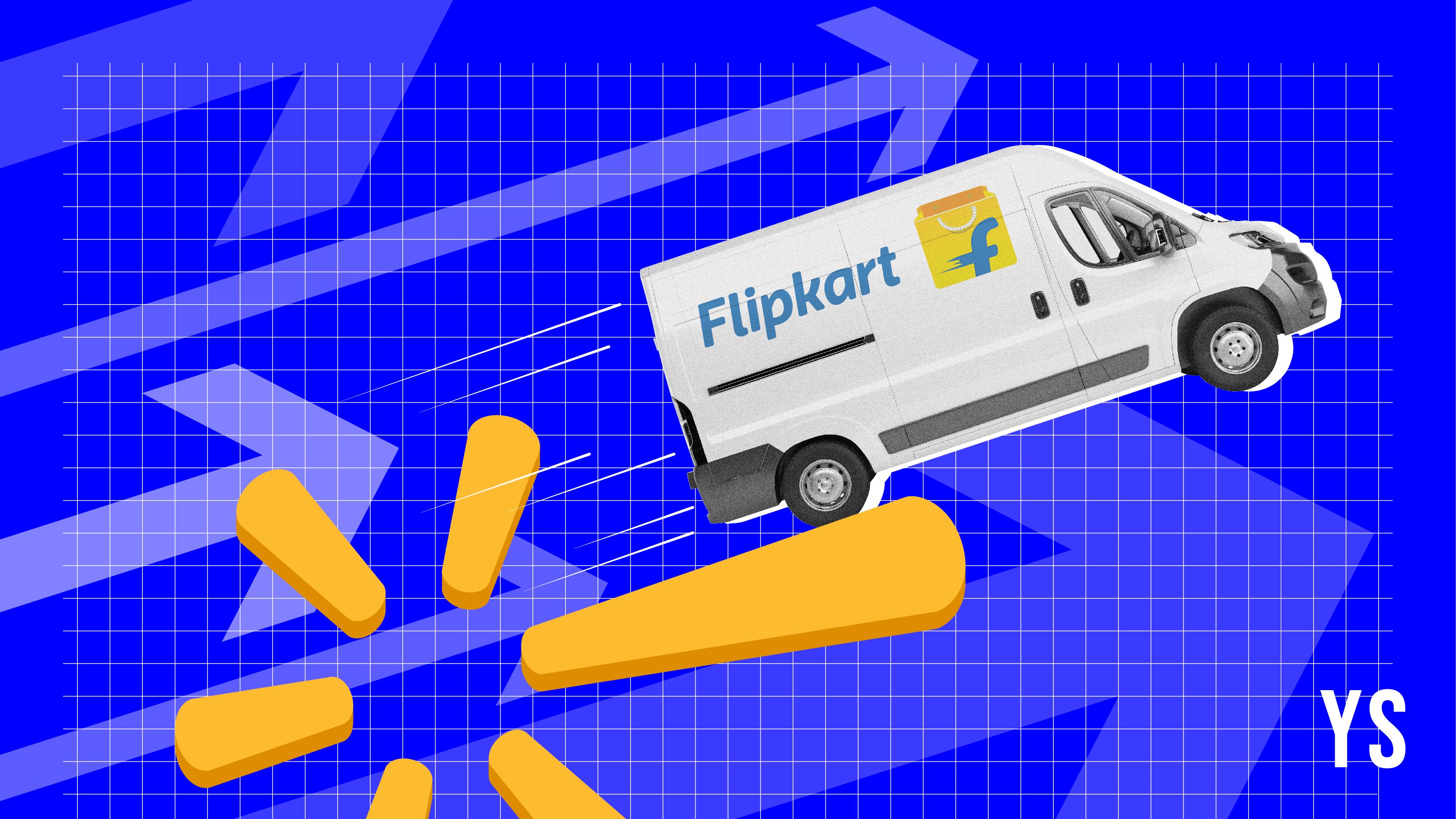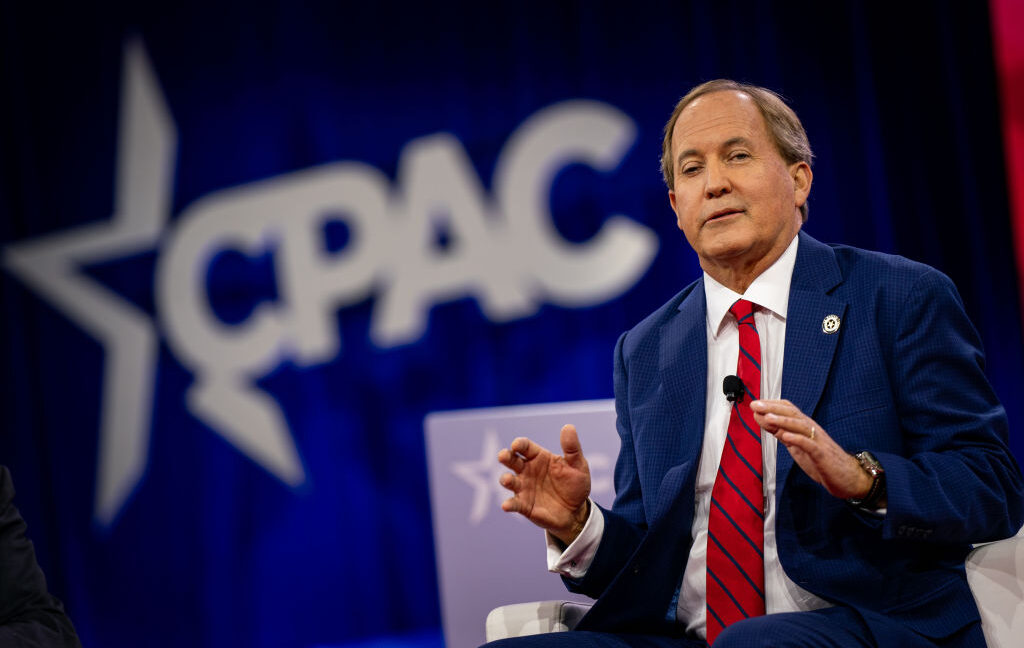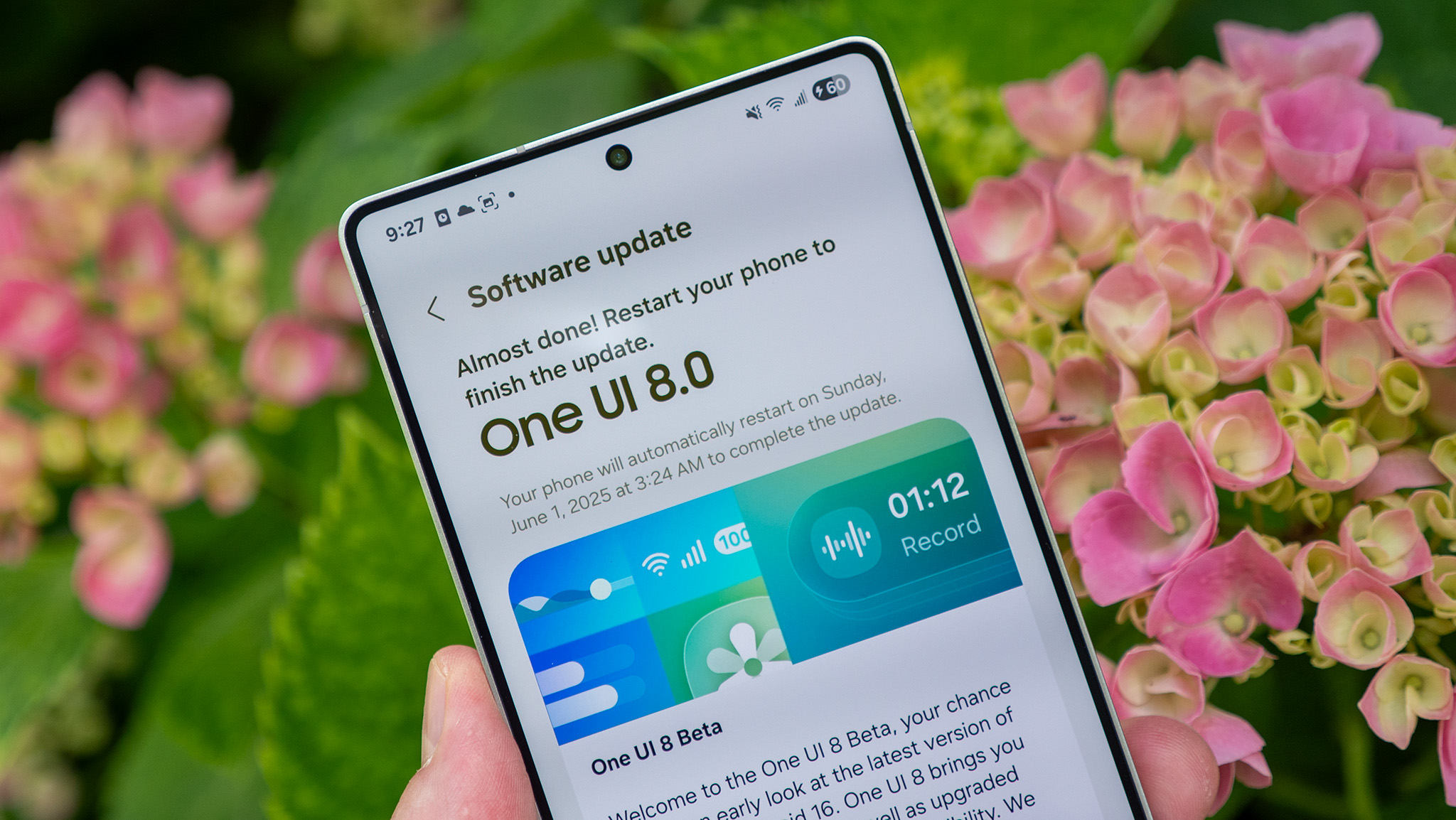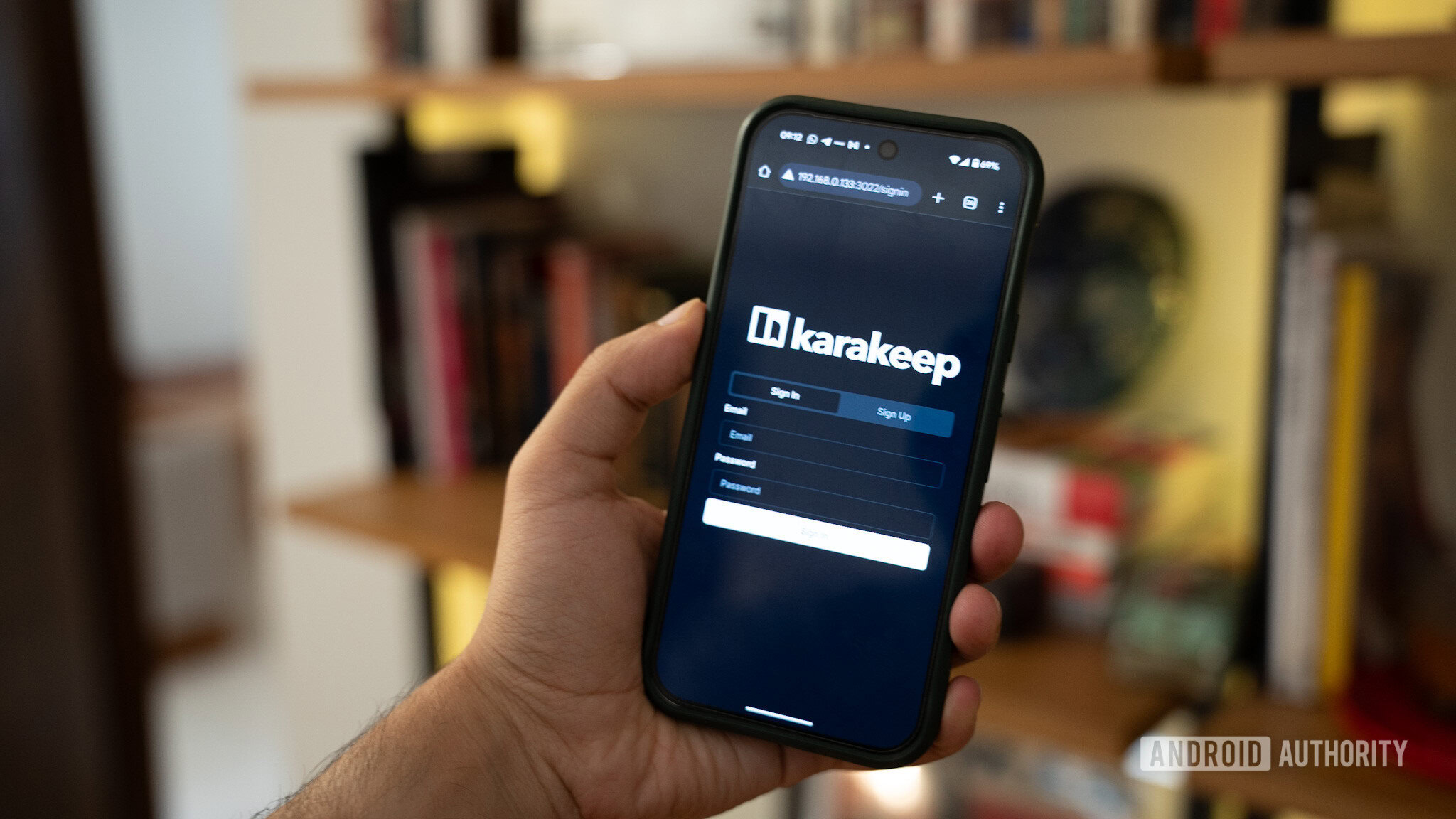Flipkart to hire 5,000 employees in 2025 amid push into quick commerce, AI, and fintech
The hiring push comes as Flipkart targets rapid scale-up across these verticals while also preparing for a potential IPO and a shift of its legal domicile from Singapore to India.


Flipkart is gearing up for a major expansion across key verticals, and is set to hire 5,000 new employees in 2025. The Walmart-owned ecommerce major announced its hiring plan at Flipster Connect, an internal townhall held on May 26, as it ramps up bets on hyperlocal delivery, fintech, and artificial intelligence (AI).
A large chunk of the new roles will support Flipkart Minutes, its quick commerce arm, and Super.money, its fintech platform. The hiring push comes as the company targets rapid scale-up across these verticals while also preparing for a potential IPO and a shift of its legal domicile from Singapore to India.
The townhall also featured other senior leaders, including Seema Nair (SVP and CHRO), Hemant Badri (SVP and Head of Supply Chain), and Ramesh Gururaja (SVP, Consumer Shopping Experience).
Nair highlighted Flipkart’s evolving talent strategy, which includes a strong focus on upskilling, AI enablement, and preparing teams for the company's future ambitions.
Group CEO Kalyan Krishnamurthy, addressing employees at the event, said, Flipkart is clocking 20–25% growth in customers and orders, with plans to reach 30% by June. He attributed much of this growth to the fashion segment across Flipkart and Myntra, which now accounts for nearly 40% of new customer acquisitions.
“Minutes is doing very well, and we’re targeting 800 dark stores by the end of the year,” Krishnamurthy said, positioning the service as central to Flipkart’s ambitions in India’s booming quick commerce space. With two dark stores being added each day, the company is racing to compete with Blinkit, Zepto, and Swiggy Instamart in the high-demand segment of groceries and essentials.
The development was first reported by Moneycontrol and independently verified by YourStory.
Flipkart’s grocery business has also evolved operationally to better align with quick commerce dynamics, Krishnamurthy said. Meanwhile, travel is emerging as another high-growth vertical, with a renewed focus on hotels, international trips, and holiday packages, particularly among India’s nearly 400 million Gen Z consumers.
The company is also making an aggressive play in technology, with AI investments increasing six-fold this year. “We remain committed to being future-ready,” Krishnamurthy said, framing AI as a critical pillar of Flipkart’s next phase of growth.
Another major development shared at the townhall was Flipkart’s long-awaited plan to shift its legal base to India, a move Krishnamurthy described as “a statement of intent” and a strategic step toward aligning more closely with India’s economic and regulatory ecosystem.
Krishnamurthy pointed to strong momentum in Super.money, along with successful product launches and the onboarding of industry veterans across technology, categories, and Adtech, to guide Flipkart’s next growth chapter. However, this aggressive growth plan is being implemented under strict financial discipline.
In April, Flipkart’s board reportedly instructed Krishnamurthy to halve the company’s monthly cash burn from $40 million (₹340 crore) to $20 million (₹170 crore), as per a Moneycontrol report. The annual cash burn target has been capped at $250 million.
The tightening comes even as Flipkart places big bets on emerging verticals. The company has also experienced a string of leadership exits in recent months, including senior executives like Ankit Jain (SVP, grocery and supply chain), Prajakta Kanaglekar (VP, HR), Anurag Singhvi (VP, analytics), and Ganesh Ramaswamy (CPTO, Cleartrip).
Edited by Megha Reddy












































































































































































![[The AI Show Episode 150]: AI Answers: AI Roadmaps, Which Tools to Use, Making the Case for AI, Training, and Building GPTs](https://www.marketingaiinstitute.com/hubfs/ep%20150%20cover.png)
![[The AI Show Episode 149]: Google I/O, Claude 4, White Collar Jobs Automated in 5 Years, Jony Ive Joins OpenAI, and AI’s Impact on the Environment](https://www.marketingaiinstitute.com/hubfs/ep%20149%20cover.png)



























































































































![[DEALS] The All-in-One CompTIA Certification Prep Courses Bundle (90% off) & Other Deals Up To 98% Off – Offers End Soon!](https://www.javacodegeeks.com/wp-content/uploads/2012/12/jcg-logo.jpg)



![How to Survive in Tech When Everything's Changing w/ 21-year Veteran Dev Joe Attardi [Podcast #174]](https://cdn.hashnode.com/res/hashnode/image/upload/v1748483423794/0848ad8d-1381-474f-94ea-a196ad4723a4.png?#)







































































































































_ArtemisDiana_Alamy.jpg?width=1280&auto=webp&quality=80&disable=upscale#)




























































































![Satechi launches OnTheGo 3-in-1 charger with compact design & Qi2 support [Video]](https://i0.wp.com/9to5mac.com/wp-content/uploads/sites/6/2025/04/ONTHEGO_3in1_APLUS_MODULE4_Banner2_Sand_desktop.jpeg?resize=1200%2C628&quality=82&strip=all&ssl=1)
















![Apple to Name Next macOS 'Tahoe,' Switch to Year-Based OS Names Like 'macOS 26' [Report]](https://www.iclarified.com/images/news/97471/97471/97471-640.jpg)
![Sonos Father's Day Sale: Save Up to 26% on Arc Ultra, Ace, Move 2, and More [Deal]](https://www.iclarified.com/images/news/97469/97469/97469-640.jpg)





































































